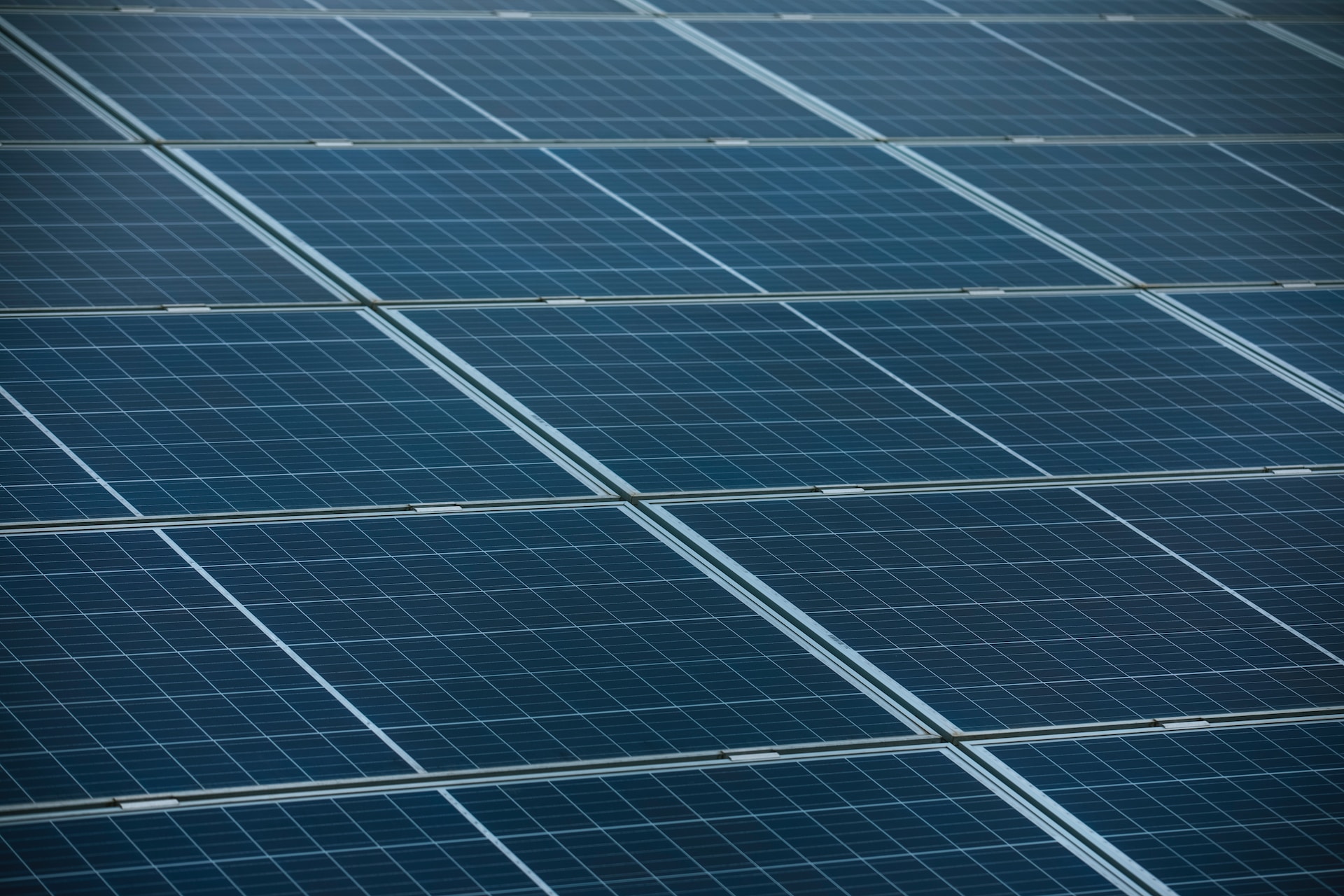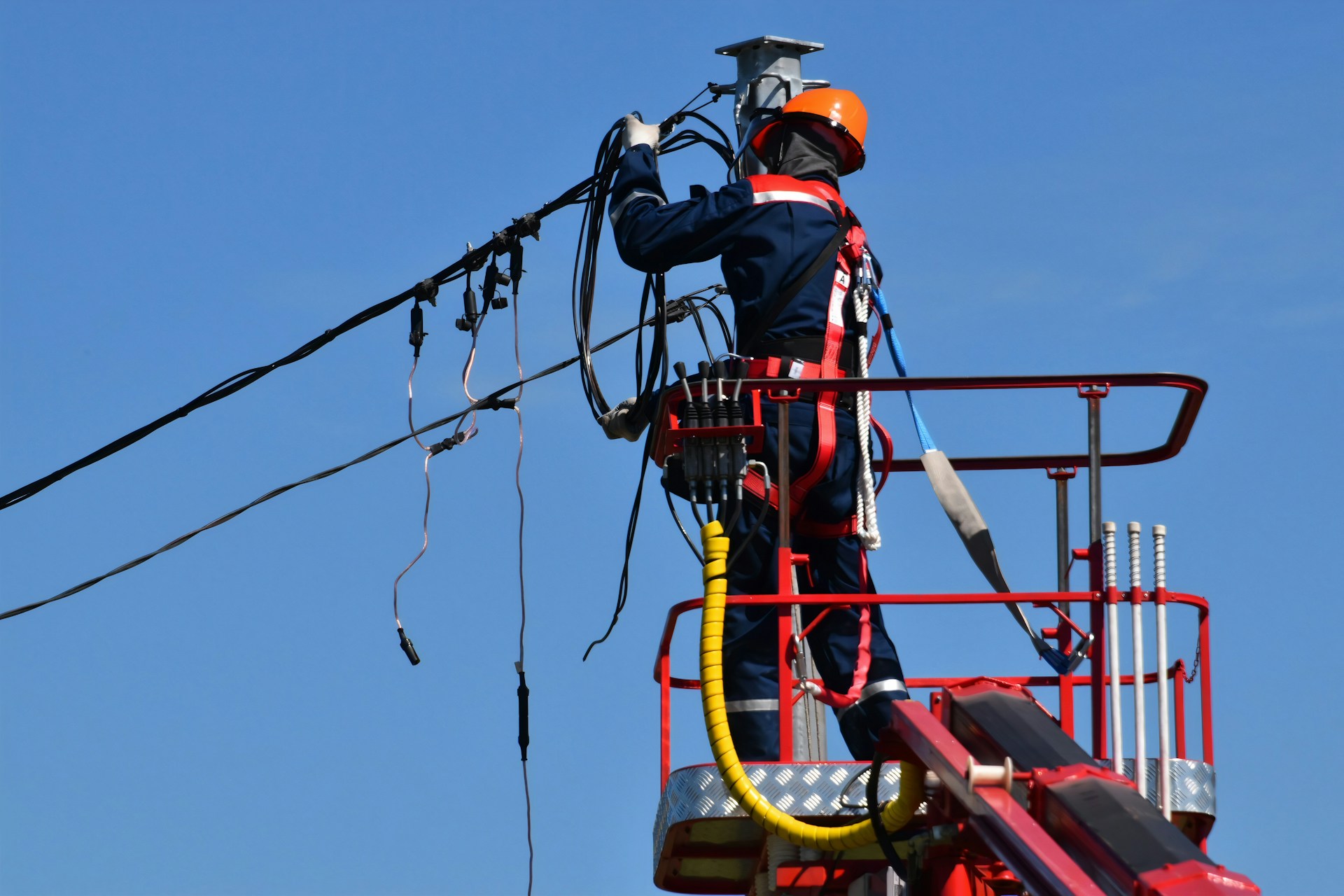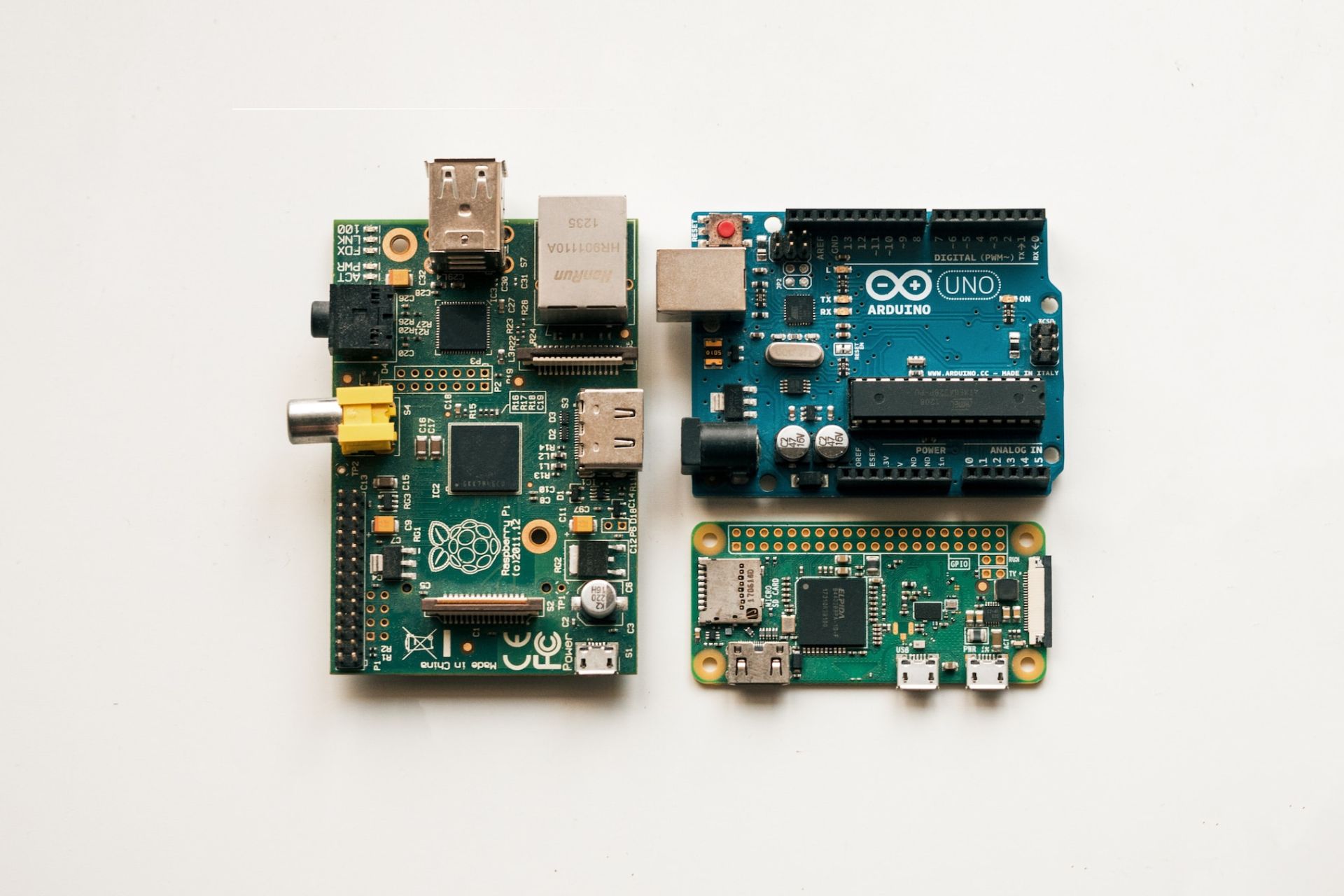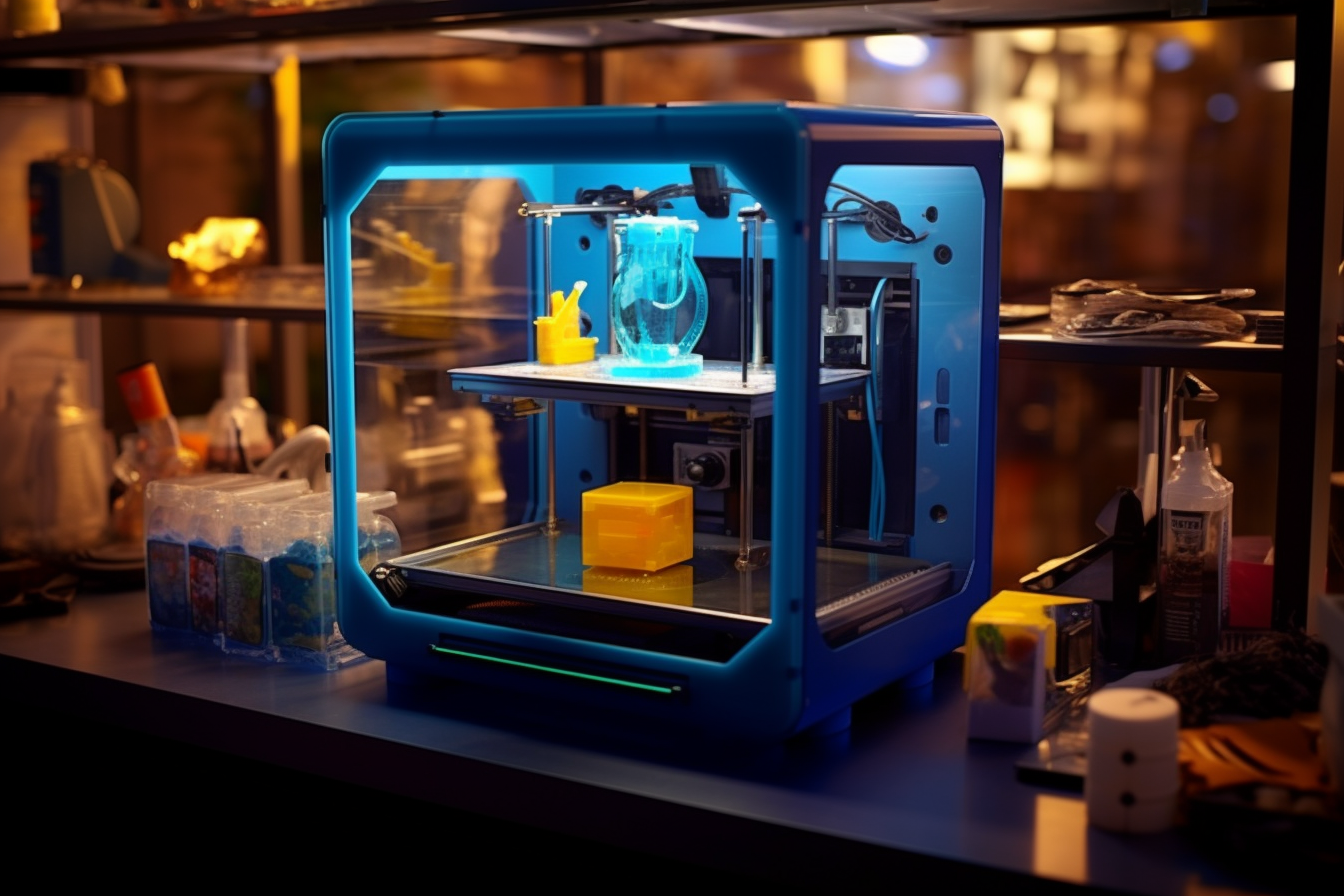
Are Floating Solar Panels Worth It? 6 Pros and Cons
November 22, 2023 - Ellie Gabel
Revolutionized is reader-supported. When you buy through links on our site, we may earn an affiliate commission. Learn more here.
Floating solar panels are an increasingly popular clean energy solution, but are they actually a good investment? Unlike conventional solar farms, floating solar panels are designed for installation on bodies of water, from small reservoirs to coastal waters.
Floating solar has some benefits and drawbacks like any other type of renewable energy. How does it compare to conventional land-based solar? What are the top pros and cons?
Benefits of Floating Solar Panels
Floating solar panels have a few main benefits over land-based solar arrays, including water conservation and location convenience.
1. Efficient Use of Land
One of the main downsides to land-based solar is the need for large swaths of open ground. This type of land is highly valuable and often unavailable near population hotspots. There are many other uses for it, too, such as agriculture or housing.
Additionally, warehouses and data centers both rely on similar vast plots of open land. Demand for these buildings is rapidly increasing the cost of land all over the world. As a result, real estate prices are making land-based solar more and more expensive.
Floating solar panels don’t have this problem. By using open bodies of water instead, they leave land for other uses, like farming or data centers. There’s less competition to use water and more possibilities for multiple projects to use the same area.
For example, one floating solar farm in Windsor, California is built on a wastewater treatment plant, allowing both to function in the same space. The solar farm provides power for nearly the whole town and reduced the emissions from the wastewater treatment plant.
2. Reduce Water Waste
Floating solar panels can help save water by preventing evaporation. Droughts are becoming an increasingly dire problem in parts of the world, like the Western United States. A significant amount of water from the ocean, rivers, lakes and more is lost to evaporation each year.
Installing floating solar panels could mitigate this issue while providing clean energy to millions of people. The solar panels soak up the valuable sunlight while protecting the equally valuable water beneath them. This setup is especially helpful for protecting reservoirs and wastewater treatment pools, which hold water specifically for residential and commercial use.
3. Bring Solar to Population Hotspots
Many of the world’s most population-dense, energy-intensive areas struggle to integrate clean energy. They can put solar panels on the roofs of buildings, but that is hardly adequate to power an entire city. Most urban areas lack large expanses of open land or, where land is available, real estate costs are exceedingly high.
As a result, it’s challenging to transition urban areas to clean energy effectively. Doing so could significantly reduce emissions, though. Floating solar panels offer a great solution, particularly for coastal cities.
Drawbacks of Floating Solar Panels
Floating solar panels may have a few important benefits, but they also have drawbacks worth considering.
1. High Installation Costs
Installing floating solar panels is often more expensive than land-based solar, but it depends on the location. For example, an offshore floating solar farm is more expensive to install and maintain than an array of panels on a wastewater treatment pool.
Unfortunately, putting solar panels on water is more logistically complicated than land-based solar. It requires more prep work and analysis to determine how deep the water is, if there are any waves and if sensitive marine life is living nearby. All of this raises the cost of a floating solar project before installation even begins.
2. Limited Eligible Bodies of Water
Floating solar is a great idea when the right location is available. Unfortunately, we can’t put solar panels on every open body of water in the world. Open oceans and areas with intense waves are not viable for floating solar arrays. They are either too difficult to access or too unpredictable and unstable to support the panels.
These factors significantly limit the amount of eligible bodies of water for floating solar projects. Open water is still less limited and competitive than open land real estate. However, it’s still an important drawback to consider.
3. Can Interfere With Coastal Activities
There is plenty of competition for real estate on land, but open water also has many uses. Installing floating solar panels can interfere with activities like fishing or boating. This further limits the bodies of water that are ideal for water-based solar projects.
Environmental Impact of Water-Based Solar
Covering bodies of water with solar panels blocks sunlight, which can prevent evaporation but may also have negative side effects. As of 2023, it is still unclear how much floating solar panels impact marine life. Early research shows that it can help fight climate change, but may also harm marine ecosystems if developers are not careful.
For example, researchers from Cornell University are studying how floating solar arrays can impact the water chemistry of marine ecosystems. It’s possible for the panels to trap gasses underwater, which can impact nitrogen and phosphate levels. Any change in water chemistry can severely affect underwater plant and animal life. It would be like the chemistry of the air changing for life on land.
Additionally, floating solar developers must be cautious about how much water they cover and where they install solar arrays. Blocking sunlight can wreak havoc on marine food chains.
At the same time, floating solar panels may help fight climate change by reducing emissions and preventing evaporation. Blocking some amount of sunlight may even be beneficial for counteracting rising ocean temperatures. However, scientists need to conduct more research to understand how floating solar panels impact marine life.
Is Floating Solar the Solution?
Are floating solar panels a viable renewable energy solution? It’s possible, in the right circumstances. They allow developers to use both land and water efficiently, help prevent evaporation and make it easier to transition population hotspots to clean energy. Developers and scientists must explore and resolve the potential drawbacks of floating solar farms to maximize their potential.
Revolutionized is reader-supported. When you buy through links on our site, we may earn an affiliate commission. Learn more here.
Author
Ellie Gabel
Ellie Gabel is a science writer specializing in astronomy and environmental science and is the Associate Editor of Revolutionized. Ellie's love of science stems from reading Richard Dawkins books and her favorite science magazines as a child, where she fell in love with the experiments included in each edition.







